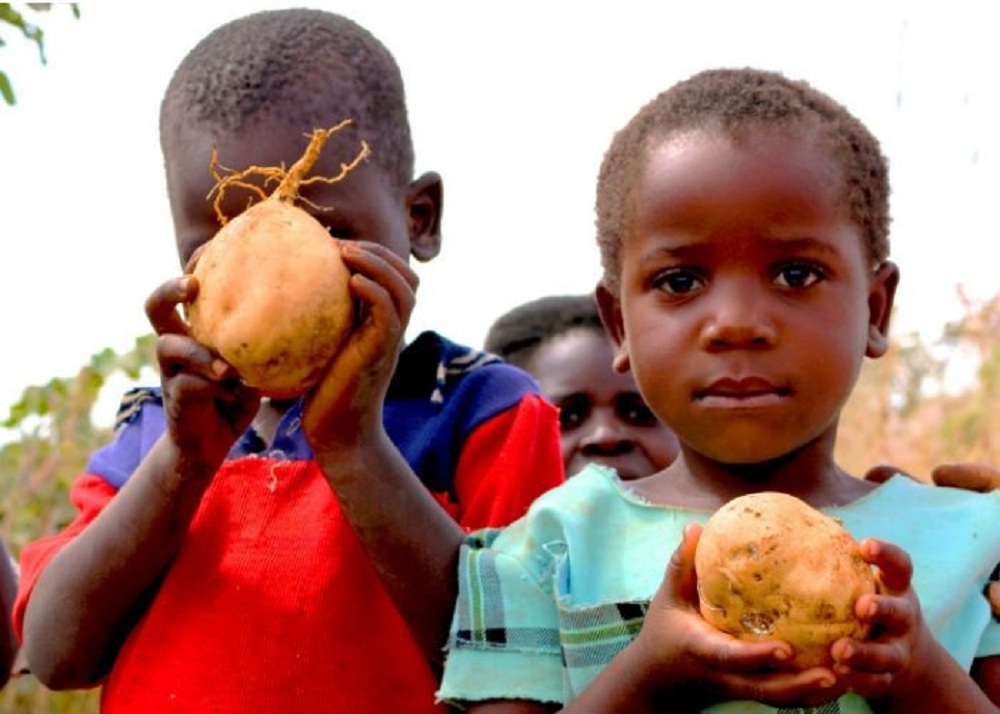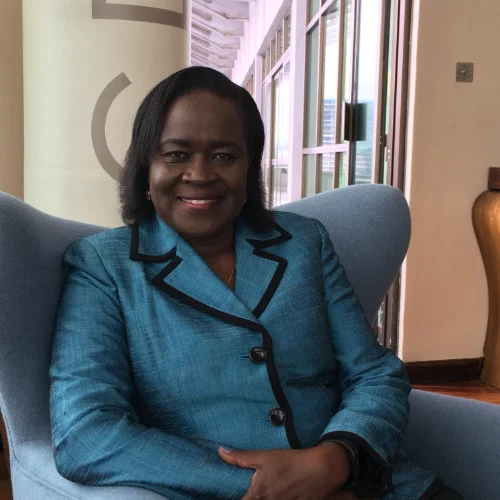Africa’s economic growth prospects received a major boost this week with the signing of a record number of new investments and partnership agreements for inclusive agricultural transformation at the 2017 Africa Green Revolution Forum (AGRF).
The week long Forum, the 7th in a series, focussed on two things: announcement of concrete investments in agricultural businesses and the establishment of new and innovative approaches and partnerships to deliver programmes for greater results.
Embodying this spirit, the forum saw the signing of numerous agreements and business deals that will be key in bringing to life major agricultural transformation commitments including the Ksh3.1 trillion (US$ 30 billion) committed at the AGRF in 2016. This charge was led by the African Heads of State present at the forum in Côte d’Ivoire, who were unanimous in their call for urgent action and committed to lead by example.
Among the significant deals signed by the private, public and NGO sectors include one by the European Union, which agreed a new European Consensus for Development Initiative with a value of around Khs154 billion (US$1.5 billion). This adds to its existing blended finance facilities for Africa and the neighbouring region with an estimated budget of Ksh268 billion (US$2.6 billion) to leverage more than Ksh4.5 trillion (US$44 billion) of investment in Africa until 2020.
Germany’s Federal Ministry of Economic Cooperation and Development (BMZ), reaffirmed its commitment to the One World No Hunger initiative with Ksh617.4 billion (€5 billion) per year invested in agriculture.
Yara, the global fertiliser company, dedicated more than Ksh10.3 billion (US$100 million) in downstream operations and Ksh13.4 billion (US$130 million) to develop a mine in Ethiopia.
Crowd funding
Close to Ksh667 billion (US$6.5 billion) worth of investments in palm oil, pulses, potato and rice, mainly in West Africa, were also made to cover the next eight years. These included a crowd funding facility to support 10,000 farmers and SMEs with loans of Ksh1,290 t0 Ksh1.3 million (US$100 – US$10,000); a Ksh51.4 billion (US$500 million) infrastructure investment deal to improve access to farms and markets; and a commitment by Mahindra Agribusiness to buy all green grams produced in Africa for processing in a newly built crushing plant in Ethiopia with a capacity of 40,000 tonnes.
Related: Farming most popular side-hustle among youth
“Agriculture is an important sector for our economic growth. Studies show that more than half of poverty reduction is attributable to agricultural development against 10% for non-agricultural development. This is why we have, in Cote d’Ivoire, gradually increased investments in the sector over the last five years, which has doubled the incomes of farmers and significantly reduced poverty levels,” said the host President Alassane Ouattara.
Hailed as one of the foremost African agriculture champions, President Ouattara committed to increase his government’s budgetary allocation for the sector to 10 percent, of which Ksh20.6 billion (US$200 million) has already been provided to cocoa and coffee farmers.
“We recognise the paramount importance to us as a people and as a continent to turn agriculture around, to feed ourselves qualitatively and quantitatively. Unless we do that, our people will remain susceptible to hunger and malnutrition,” said President Ellen Johnson Sirleaf of Liberia. She further stressed the value of working with the private sector and committed her government to working with business leaders to double the yields of rice farmers.
High level dignitaries
“Looking at all the difficulties we are confronted with today and considering this is a major growing sector, we need to work with other Heads of States to develop policies that are coherent and that encourage smallholders to form cooperatives for ease of access to financing. We need to work in coordination with our peers so that partnerships between the public and the private sector can play a key role in the future of agribusinesess,” said Komi Selom Klassou, the Prime Minister of Togo.
The forum was attended by more than 1,300 delegates and high level dignitaries, including Komi Selom Klassou, Prime Minister of Togo, representative of Faure Essozimna Gnassingbe, President of Togo; Dr Owusu Afriyie Akoto, Minister of Agriculture of Ghana, representative of Nana Akufo-Addo, President of Ghana; John Kufuor, former President of Ghana; President Olusegun Obasanjo, former President of Nigeria and Jakaya Kikwete, former President of Tanzania.
In his keynote address, Strive Masiyiwa, Chair of the AGRF partners group, stressed the importance of uniting all stakeholders with a shared interest in agricultural development.
“This is an opportunity to mobilise continental leadership and we are honoured to have Heads of State here. Our mission is about smallholder farmers; and it is about the women who are the main producers of food. We work in partnership with governments to realise the vision of a food secure and prosperous Africa,” Masiyiwa said.
“The AGRF partnership mobilises other players, including the private sector, to invest in the continent’s robust agriculture and food sector. We are calling for global support, not in the form of aid, but in investments to enable our young people to find meaningful employment opportunities.”
Planting for food and jobs
Speaking on behalf of President Akufo-Addo, Ghana’s minister for Agriculture Dr Owusu Afriyie Akoto, expressed his country’s renewed support for the ‘Planting for Food and Jobs’ programme, with a pilot targeting 200,000 of the country’s five million farmers and fisherman in the first year.
The forum heard that great progress had been achieved as part of the Ksh3.1 trillion (US$30 billion) worth of political, financial and policy pledges made in support of Africa’s agriculture at the 2016 AGRF.
ALSO SEE: Kenya to benefit from Sh3 billion food security drive
Key among these was the announcement of the new US$280 million Partnership for Inclusive Agricultural Transformation in Africa (PIATA) by the Bill & Melinda Gates Foundation, the Rockefeller Foundation, the United States Agency for International Development (USAID), and the Alliance for a Green Revolution in Africa (AGRA).
PIATA is an innovative and transformative partnership and financing vehicle to drive inclusive agriculture transformation across the continent to increase incomes and improve the food security of 30 million smallholder farm households in at least 11 African countries by 2021.
The theme of the forum was Accelerating the Path to Prosperity: Growing Inclusive Economies and Jobs through Agriculture, which served as the guiding framework for a total of 52 sessions and more than 300 speakers. Throughout the forum, there was great emphasis on the priority areas of increasing the involvement of women and youth in agriculture and agribusiness.













Leave a comment